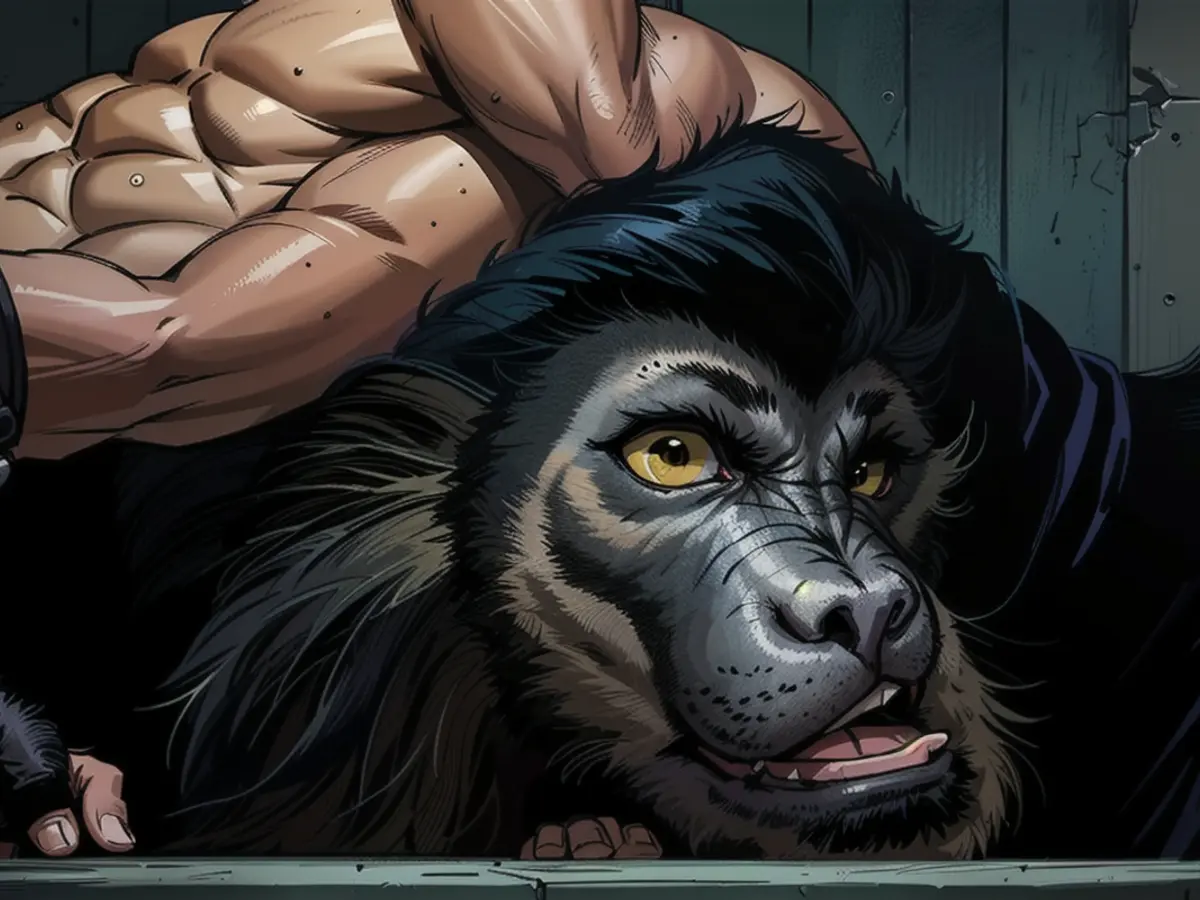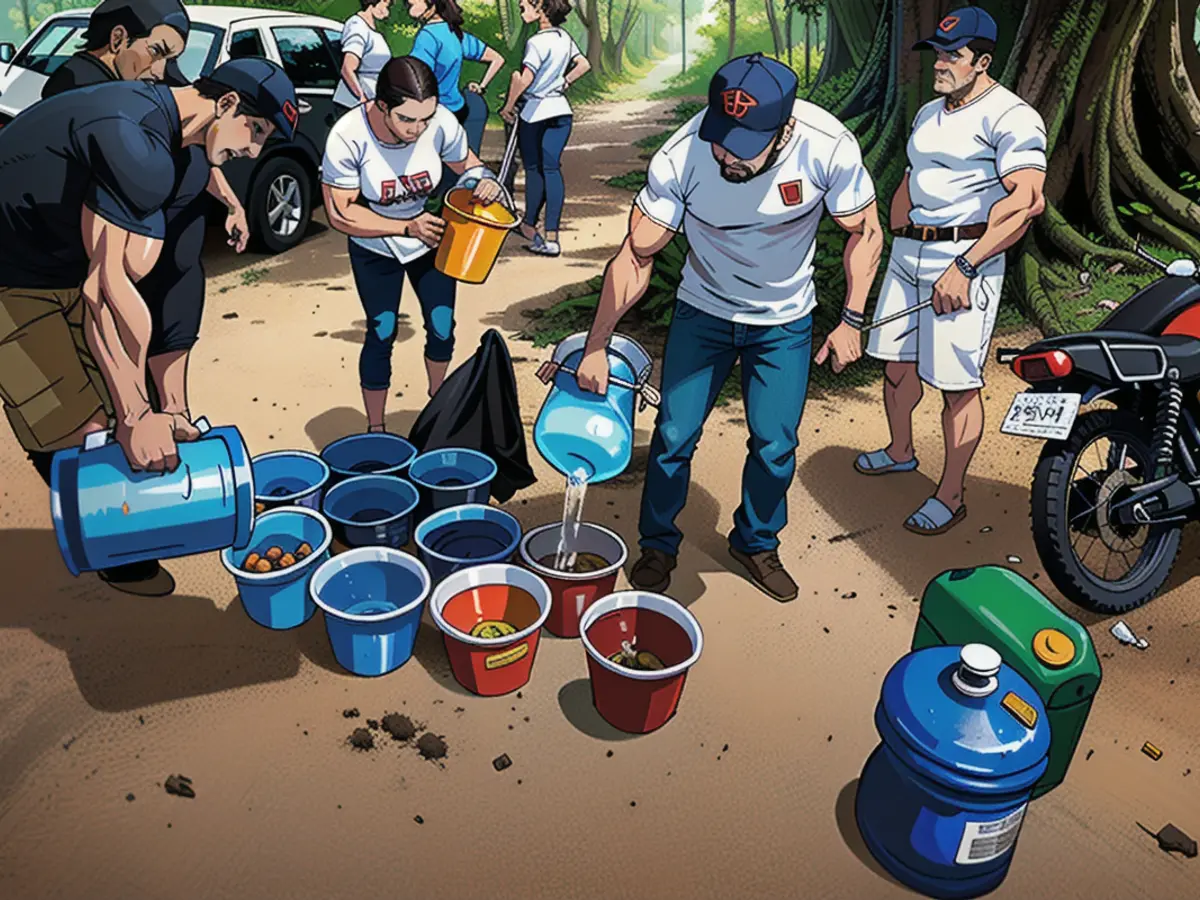In Mexico, the temperature has exceeded 45 degrees. - Scorching Heat: Monkeys Perish Upside-Down in Trees
Local news sources claim that various animals are perishing or severely dehydrated due to the heat in Tabasco's state.
Volunteers with animal rights groups have observed 78 deceased howler monkeys in locations where the black howler monkey's population is believed to be less than 1,200. Initially, the monkeys were discovered in Cunduacán in early May, and since then, the troubling monkey mortality rate has spread to other areas including Comalcalco, Paraíso, Nacajuca, Jalpa de Méndez, and Centro.
Gilberto Pozo Montuy, leader of the environmental organization Cobius, relayed to a local newspaper that no aid is being rendered by government entities during the heatwave: "It's a mess!" His organization is arranging to transport a mobile home to allow medical professionals to attend to the afflicted monkeys. The public is also joining in, donating fruit and water to provide relief for the exhausted primates.
President Andrés Manuel López Obrador of Mexico has also gotten involved, vowing assistance for the region: "Yes, we must take care of the animals and yes, we will."

Those Howler Monkeys Are Endangered
The black howler monkey, which hails from southern Mexico and is also called the Saraguato monkey, has been on the endangered species list since 2003. In the last 40 years, its population has significantly dropped (by more than 60%), primarily due to hunting and habitat damage (like forest fires and deforestation).

Read also:
- The CDU is pushing for additional medical study positions in Homburg.
- US director Baker wins Palme d'Or at Cannes, while Iranian filmmaker Rasoulof receives Jury Prize.
- German enthusiast creates gigantic Harry Potter figure
- Lautern coach Alonso alters his lineup five times, with Ache left out.
Source:








